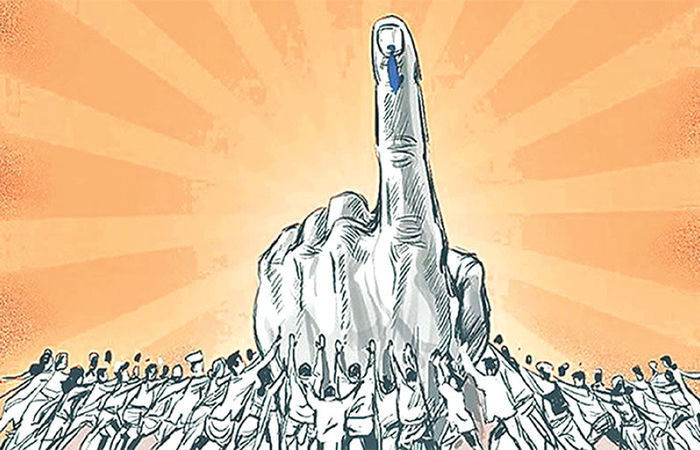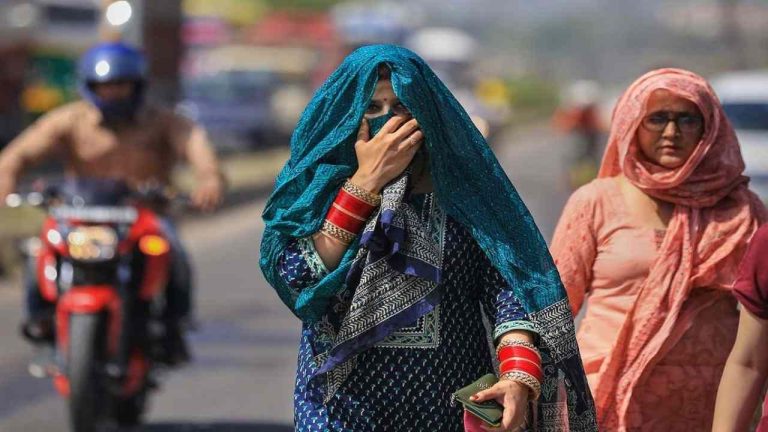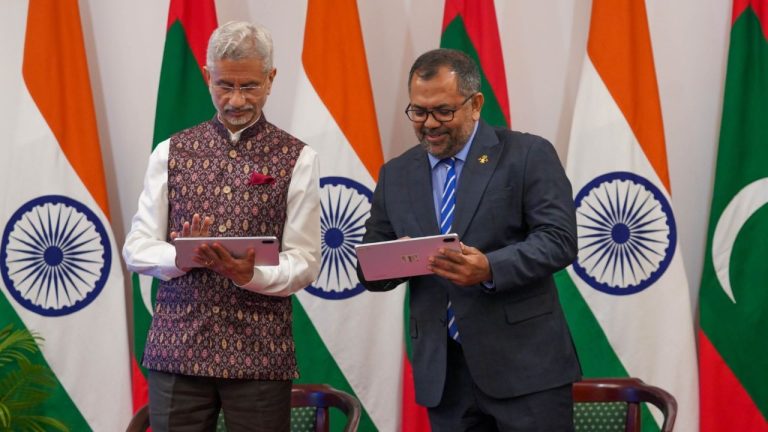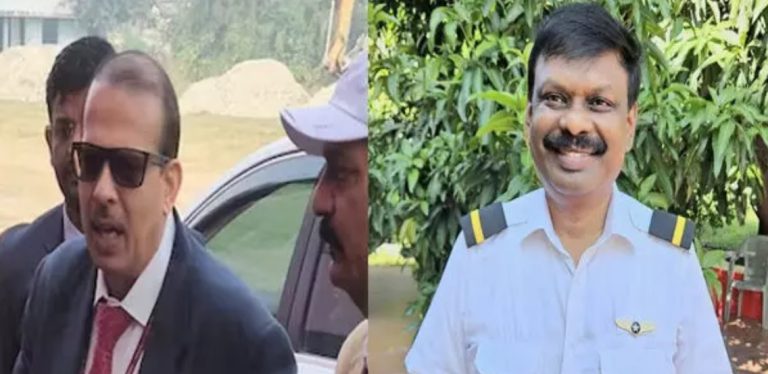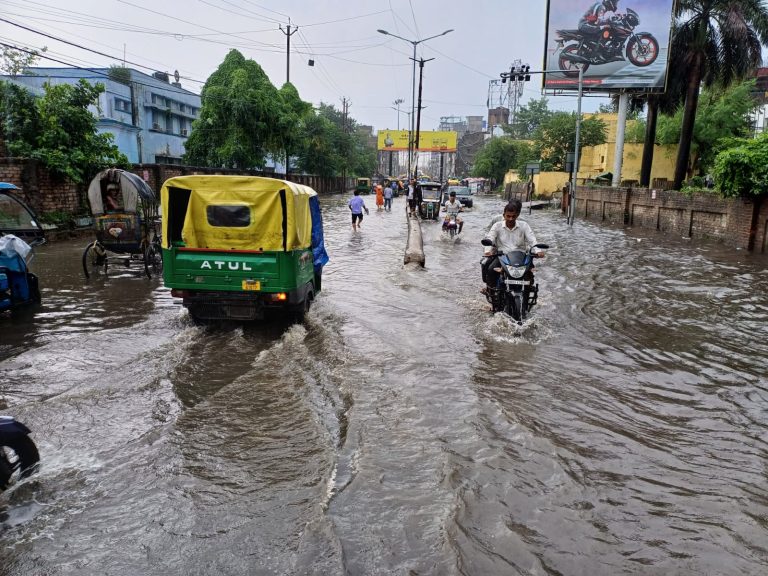What is ‘forfeiture of security’ in elections? Where is Netaji’s money going? Know in detail
Lok Sabha Elections 2024: The first phase of Lok Sabha elections will start from April 19. For which the leaders are campaigning vigorously. But in the last Lok Sabha elections, the deposits of 86 percent of the candidates were confiscated. Election Commission data shows that a total of 91,160 candidates filed their nomination papers in the Lok Sabha elections from 1951-52 to 2019. Out of which, the deposits of 71,246 i.e. about 78 percent candidates were confiscated.
How many candidates’ deposits were confiscated?
According to Election Commission data, a total of 1874 candidates took part in the first general elections. Out of which the deposits of 745 candidates were confiscated. As far as national parties are concerned, 1217 candidates participated. Out of which the deposits of 344 candidates were confiscated.
BSP is in the worst condition in the year 2019
There is a provision for forfeiture of security under the Election Conduct Rules, 1961. In the 2019 Lok Sabha elections, only 14 percent of candidates’ deposits were saved from being confiscated. Most of the candidates whose deposits were forfeited were 86 percent from Bahujan Samaj Party. In which the deposits of 345 out of 383 candidates were confiscated. The deposits of 148 out of 421 Congress candidates were confiscated. There is a provision for forfeiture of security under the Election Conduct Rules, 1961.
If the deposit is confiscated, what will have to be paid and why?
According to Election Commission rules, if a candidate fails to secure at least one-sixth of the total valid votes i.e. 16.6 per cent of the votes, the candidate’s deposit is forfeited. After this the amount deposited by them goes to the government treasury. To contest Lok Sabha elections, general category candidates will have to pay Rs. 25,000 and SC, ST category candidates get Rs. Rs 12,500 will have to be deposited as security deposit. The only purpose of taking this security deposit is that by paying the security deposit the candidate will participate seriously in the elections, so that the election process can be made easier.
Under what conditions can the deposit be refunded?
If a candidate dies before voting or his candidature is canceled or he withdraws his candidature within the time prescribed by the Election Commission, the deposited amount is refunded. Apart from this, if a candidate does not get 16.6 percent votes but wins, then he gets his security deposit back.
Congress got an overwhelming majority
The first Lok Sabha elections were held from 25 October 1951 to 21 February 1952. There were a total of 489 seats in it. However, at that time the minimum age for voting was 21 years. Now he is 18 years old. 54 political parties took part in this election. It included 14 national parties and the remaining regional and independent parties. In this election, Congress got an overwhelming majority in the first election. Congress got 364 seats.
The country’s government will decide on June 4
As soon as the bugle of Lok Sabha elections has been sounded, the code of conduct has come into force in the country. Along with this, political parties have also intensified their preparations. While the BJP-led NDA has set a target of 400 seats, the India Alliance is all set to give a tough fight. After seven phases of voting, it will be decided on June 4 whether India will form a coalition government or an NDA government.
